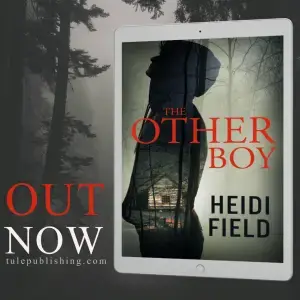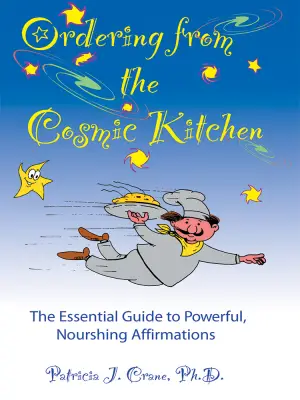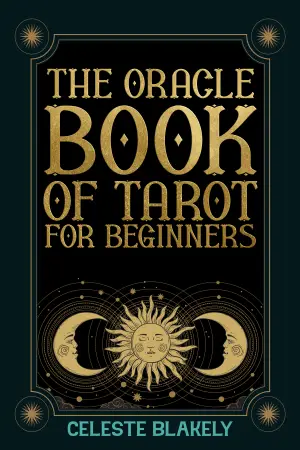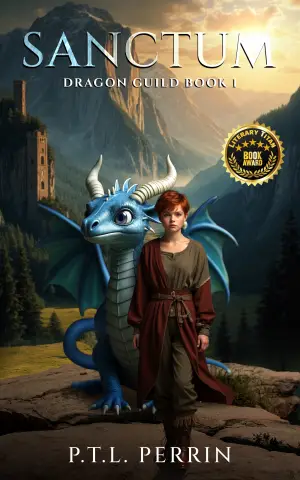A Haunting Exploration of Human Nature in Xenobe Purvis’s "The Hounding"
From the moment I laid eyes on the striking cover of “The Hounding” by Xenobe Purvis, I felt an inexplicable pull towards it, almost as if the atmospheric imagery whispered secrets of its own. As someone deeply captivated by stories that blend the eerie with the profoundly human, I dove into this debut novel, instantly enchanted and unsettled in equal measure. Set against the chilling backdrop of eighteenth-century England, “The Hounding” weaves together the struggles of identity, societal expectations, and the omnipresent weight of gossip—details that made this tale truly compelling.
The novel revolves around the enigmatic Mansfield sisters, who find themselves at the heart of devastating rumors claiming they’re transforming into dogs. At its inception, the story reveals the toxic rift of jealousy and hatred originating from a man slighted by Anne Mansfield, the oldest sister. His fury unfurling over a perceived disrespect encapsulates a truth bitterly familiar: the way societal expectations can morph into monstrous realities. As the villagers’ fears spread like wildfire, both their lives and the essence of the sisters are put at risk—an eerie reminder of how collective insecurities can manifest into tragedy.
Purvis’s choice to narrate the story through multiple perspectives elevates the narrative, allowing readers to feel the fear and prejudice swirling through the village of Little Nettlebed. Each voice, ranging from the well-intentioned to the maliciously envious, layers the tale with complexity and depth. I found myself both empathetic towards the Mansfield sisters and increasingly disturbed by the villagers’ reactions, showcasing how vulnerability can result in both compassion and cruel disdain.
What stood out for me was the lyrical and chilling nature of Purvis’s writing. The prose captivated me with its evocative imagery, making the eerie atmosphere pulsate as if it were a character in its own right. The steady pacing, coupled with the gradual revelation of each perspective, kept me fully immersed. One poignant moment echoed in my mind throughout the reading: Anne’s refusal to conform. “We shouldn’t have to abandon our homes and lands just because others can’t see us for who we truly are.” This simple yet powerful statement reverberates with feminist undertones that resonate across time.
Themes of conformity, fear of difference, and the complexity of female identity swim through the pages, making this novel feel achingly relevant to our current landscape. The patriarchal shadows that loom over the characters left me reflecting on the societal constructs that persist today. As a woman, I felt a mix of anger and solidarity as I journeyed with the sisters—the frustration of societal judgment is palpable, yet Purvis expertly juxtaposes their story with a glimmer of hope and resistance.
“The Hounding” is an unsettling, riveting read that unveils the darker sides of our humanity while also encouraging a deeper understanding of individual strength. For readers who relish beautifully crafted narratives exploring the depths of human nature, this book is an absolute must-read. I wholeheartedly recommend it to those who appreciate literature that challenges the status quo and encourages introspection.
In closing, Xenobe Purvis has created a memorable debut that lingered with me long after I turned the final page. If you seek a reading experience that marries folklore with pressing contemporary themes, look no further than “The Hounding.” Five stars!✨
















